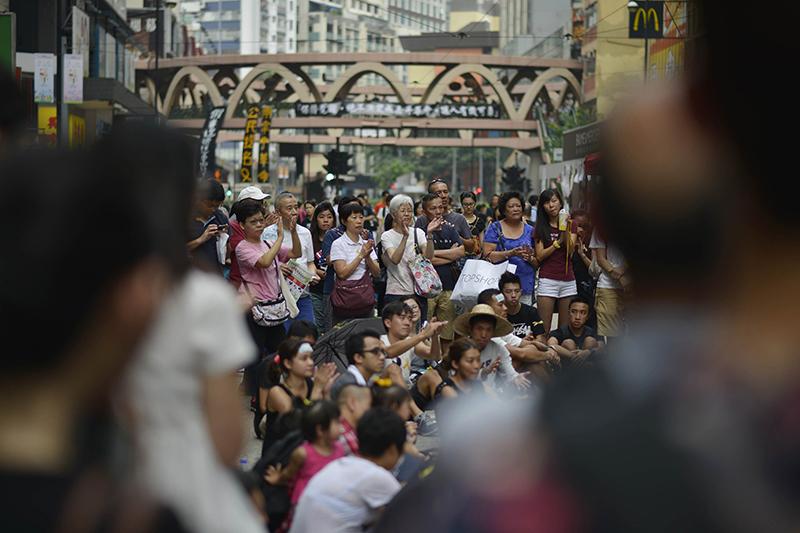
Oh, how the Internet has claimed our lives and souls. It seems to drive our fingers with an invisible force as we tap away mindlessly on our mobile phones, tablets and computers.
It is now, seemingly, second nature for us privileged in our predominantly Western world. So what if it was taken away?
In the past week, authorities in both China and India — the world’s two most-populated countries — have reportedly censored Internet and communication channels in attempts to prevent the spread of behavior deemed politically incorrect.
As thousands of students and young demonstrators took to the streets of Hong Kong in protest for democratic elections, Chinese authorities began blocking access to Instagram. As images of the Hong Kong protests started to fill the photo-driven social media, analysts believe the Chinese started censoring to prevent the message of pro-democracy spreading to mainland China.
Facebook, Twitter and some Google sites are already banned in China, although citizens do have access to Chinese social media and search engines.
As a regular user of Instagram, the idea of it being blocked is a disappointment. Not because I’m deeply attached to the app, but because it was finally being used to inform networks of people about a real issue (hence its threat).
How refreshing it must have been to see meaningful images of pro-democratic protests rather than selfies, food or cheesy quotes.
In India, meanwhile, religious violence broke out between Muslims and Hindus in the western state of Guranjat over the weekend. The violence erupted after a Facebook post was reportedly offensive to Islam.
To combat the spread of further violence, the authorities in the region blocked communication channels for four days. People were without access to their mobile telephone, text or Internet services.
On the spectrum of censorship, trying to prevent religious violence has better reasoning than the Chinese blocking Instagram in my opinion. But can it still be justified?
To us in the Western world, access to Internet and communication channels is seen as a fundamental right closely related to issues such as the right to coordinate in protest and freedom of speech.
But with social media now being such a powerful communication method, one that offers concise content, reach and speed unmatched in previous generations, it can create problematic circumstances.
Just look at how the Islamic State has harnessed social media. Not only has the terrorist group been able to spread gruesome imagery and disturbing content to create fear among the masses, its been able to successfully recruit jihadists from all corners of the world.
It is an example of a terroristic message being purposely circulated, and the likes of Facebook, Twitter and YouTube aiding that message. Yes, these social media sites take down Islamic State associated content and imagery, but new ones continue to pop up again and again.
Internet censorship is not a new phenomenon. Turkey restricted Twitter in March as word of political corruption was leaked, and the Arab Spring protests saw Internet shutdowns by governments in multiple countries such as Egypt, Tunisia and Libya.
Governments, and furthermore the people who elect them, have a responsibility of carefully considering when — and if — such censorship can ever be justified.
If the answer is no, any actions against groups such as the Islamic State would be hypocritical.
But if the answer is yes, authorities must treat it with care and trust. As a fine line between what is wrong or right can quickly become a slippery slope for those wishing to use it to their best interest.






sarah kartin • Dec 24, 2014 at 9:03 am
i think its an authentic way no matter what cost it is.
Celebrity Leather Jackets
Guest • Dec 24, 2014 at 9:02 am
i think its a authentic way no matter what its worth.
Celebrity Leather Jackets